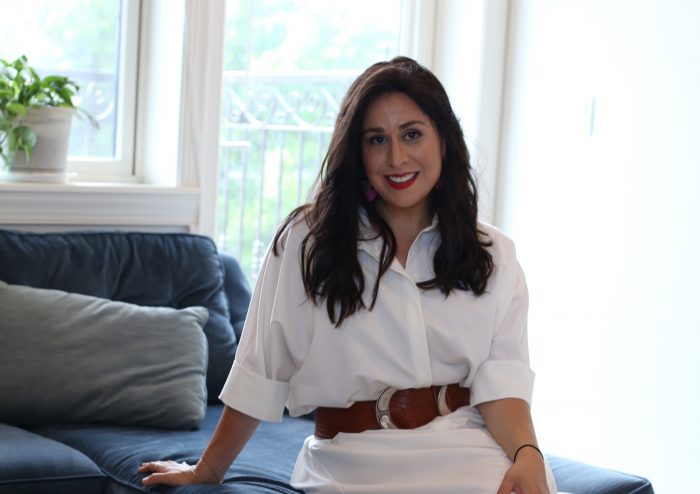As a health coach, I meet many people with varying levels of health knowledge, and I know I can never judge someone’s knowledge after a first impression.
Yet, there are two categories I get dumped into all the time. The first: I love health and must be very healthy (in a well-rounded way), and the second: I must be a health nut. Obviously, if I coach others, I am 100 percent healthy, 100 percent of the time to the nth degree.
As a health coach, I am educated in health and nutrition and trained to support and motivate clients along their journey. I coach others because I am passionate about health and educating others about the interconnection of the whole body. However, I must admit that when I first started studying health and nutrition it was for all of the wrong reasons.
I was at the height of a negative relationship with food. It was filled with disordered eating, counting calories, feelings of inadequacy, and even hating my body.
I chose healthier foods for the sole purpose of changing my body. I started studying nutrition because I figured it was a way to keep myself in check. If I worked to coach others, I would need to maintain the unhealthy weight I had achieved through over exercising and severely restricted calorie intake.
Through studying nutrition, I learned that there is a huge disconnect between the recommended daily nutritional intake and the weight that doctors advise their patients to be. Through research, I learned that Body Mass Index (BMI) was a mathematical formula, not a health formula. BMI does not take into account bone and muscle density as well as ethnicity and other important factors.
The Mayo Clinic, a top medical establishment, advises against using BMI and suggests the use of BVI instead. BVI is a calculation that would take additional key information into account—and even that would be limited.
I became a certified health coach and began coaching clients to reach their goals with much success. At the same time, I was still stuck in my own cycle of unhealthy habits. I would calculate the risks of social engagements and concentrate on maintaining my self-control when I was at parties. I even created mantras to strengthen my resolve to eat less. The irony is not lost on me.
One day, while I held my baby girl in my arms and looked in the mirror, I hated my reflection and silently calculated when I could stop breastfeeding and start “dieting” again. I froze.
I saw my beautiful baby and realized that the idea of thinness had taken up so much of me. I didn’t want to pass this on to her, and I didn’t want this life for her. But, the facts are glaring: 97 percent of women hate some part of their body and harm their bodies for the sake of thinness.
The chance of my baby being spared was slim, and I realized that something needed to change. I needed to change, and I needed to be a part of the fix for the problem.
I was not the first person to come to this realization, and I started looking up activists and influencers. I started following and trying to implement change. I created new mantras like the ones I encouraged my clients to make. I weigh myself infrequently and fight the impulses to go back to unhealthy habits. It is a journey, it is hard work, and I am healing.
I learned to make healthy food tastier by including healthy fats, and I learned to love and appreciate my health. I learned to be okay with my body and to be grateful for what it does for me. The truth is, though, that once one falls into a disordered eating cycle, it usually doesn’t heal completely. It is an ongoing struggle, which is why it is so important for all of us to overcome this. Sometimes all I can do is not give in, but I try to go beyond that and congratulate myself for every win.
I still coach and guide clients to reach their goals, but I have changed.
I encourage my clients to look at the overall picture rather than just the number on the scale. We focus on how food and exercise make us feel and how we feel each day rather than on how many inches we have lost. Our focus is on overall health—mind, body, soul. This health does not come from 100 percent commitment 100 percent of the time.
This “healthy” is aiming to choose the healthiest we can in a given situation without compromising being present. What is health for, anyways, if it keeps us from enjoying life?
~







Read 0 comments and reply